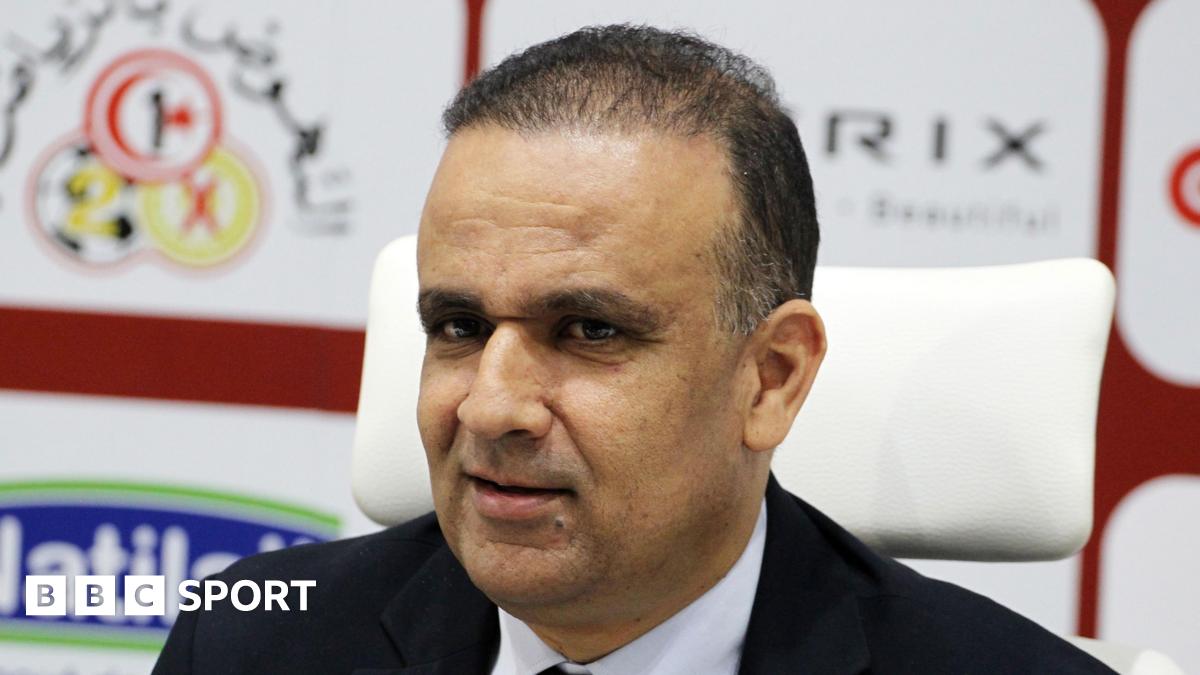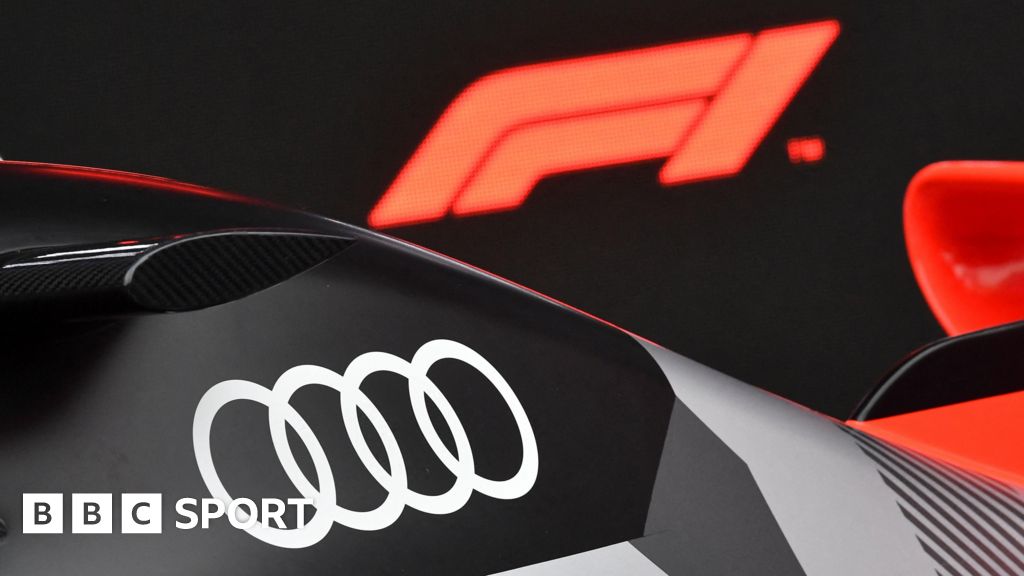The basis for the calculations are figures from the Organisation for Economic Co-Operation and Development (OECD) on average salaries in countries around the world, as well as the salary figures of teams in F1.
The top three teams in F1 have an average salary level of £90,000, while the same number for Sauber, who are last in the world championship this season, is £125,000.
Salaries make up approximately 35-40% of a team’s budget, which means Sauber/Audi are in effect working to a lower budget cap than any other team.
Mattia Binotto, who was last month appointed as chief operating and chief technical officer of Audi, told BBC Sport that it would not be possible for Audi to be competitive in F1 without this adjustment.
He said that Audi had accepted that, as a consequence of changes in exchange rates being reflected in the 2026 recalculation, they would be at a $20m disadvantage.
The other nine teams are opposed to the budget-cap offset being introduced in 2026.
But they are powerless to be able to prevent it happening because none have signed up to their F1 contracts for 2026 and so there is no governance structure in place for them to affect the decision.
However, there will be further discussions on the issue in the next two months, after the teams have studied the figures supplied to them by the FIA, before a final decision is made at the next world council meeting in December.





















